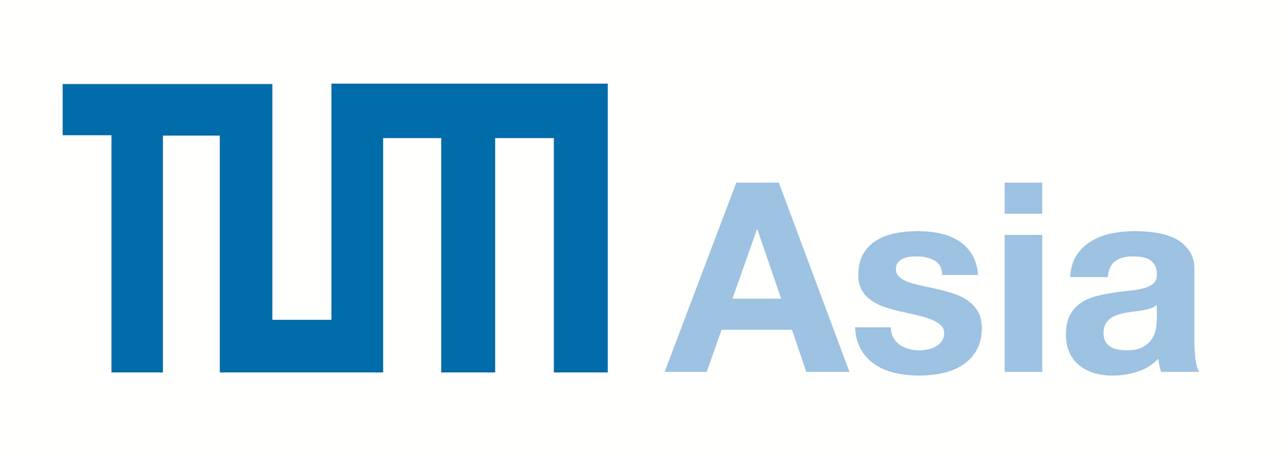FAQs Answered: What is the difference between a 3-year & 4-year degree?

 Getting a degree is always a choice that involves lots of considerations. Taking into account the high investment cost that comes with selecting a degree, students are often encouraged to make well-informed choices about their university education.
Getting a degree is always a choice that involves lots of considerations. Taking into account the high investment cost that comes with selecting a degree, students are often encouraged to make well-informed choices about their university education.
Some of the most commonly asked questions among students would be the type of degree the student will receive. What is the difference between a 3-year and 4-year degree? Why is there an Honours year for some degrees? And what would be the advantage or disadvantage of getting a Bachelor of Science over a Bachelor of Engineering?
In this series, we will cover the common concepts and misconceptions held by students regarding these commonly asked questions.
Question #1: DOES A 3-YEAR BACHELOR DEGREE MEAN IT IS LESS VALUABLE THAN A 4-YEAR DEGREE?
This depends on the education system you are comparing against. Europe has standardized their university degree models as a result of the Bologna Process (click here to view more about the Bologna Process), resulting in a region-wide adoption of a 3-2-3 (Bachelor-Masters-PhD) model.
This means that all European universities (UK is outside of this framework) offer 3 year Bachelor degrees. Though requiring one less year in comparison to the 4 year degrees offered in UK and US, the Bologna Process requires student to complete 180-240 ECTS (European Credit Transfer), therefore still strongly emphasizing on the skills that each student has to achieve upon graduation.
It is immensely important to count the modules involved, the type of subjects offered, the contact hours per module, the academia and the facilities available before making a decision on your university degree, not only considering the time required.
At TUM Asia, our TUM degrees are conferred in Germany and so we fall under the Bologna framework. This means all TUM Bachelor degrees are strictly 3 years only, both in Munich, Germany and in TUM’s campus here in Singapore. Moreover, the TUM degrees conducted in Singapore are under a partnership with Singapore’s newest university, the Singapore Institute of Technology (SIT). This allows Polytechnic diploma holders to receive exemption in modules and so students can graduate in 2.5 years, with the undergraduate studies including a compulsory semester spent in Munich, Germany at the home campus of TUM.
>> View Part 2 of the series: Why do some degrees have Honours (Hons) and others don’t?
To find out more about TUM’s Bachelor degrees offered in Singapore, please click here. Students with relevant Polytechnic diploma, GCE ‘A’ Levels and IB may apply.




















